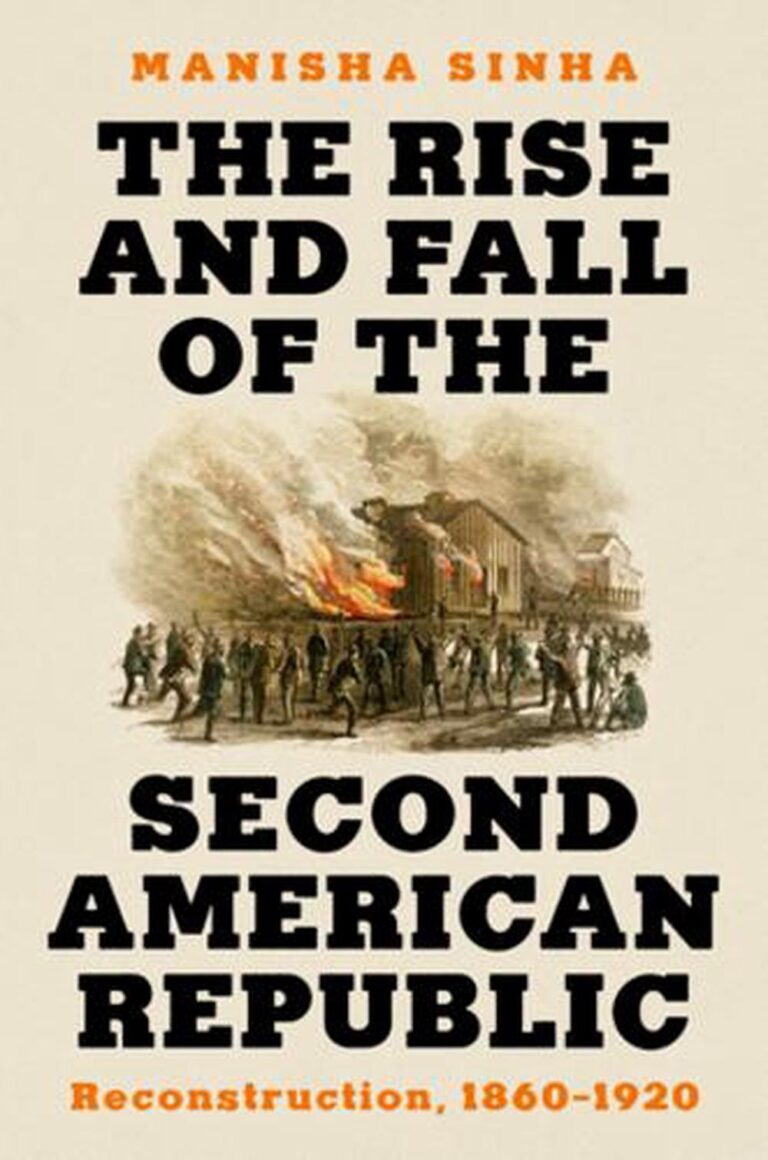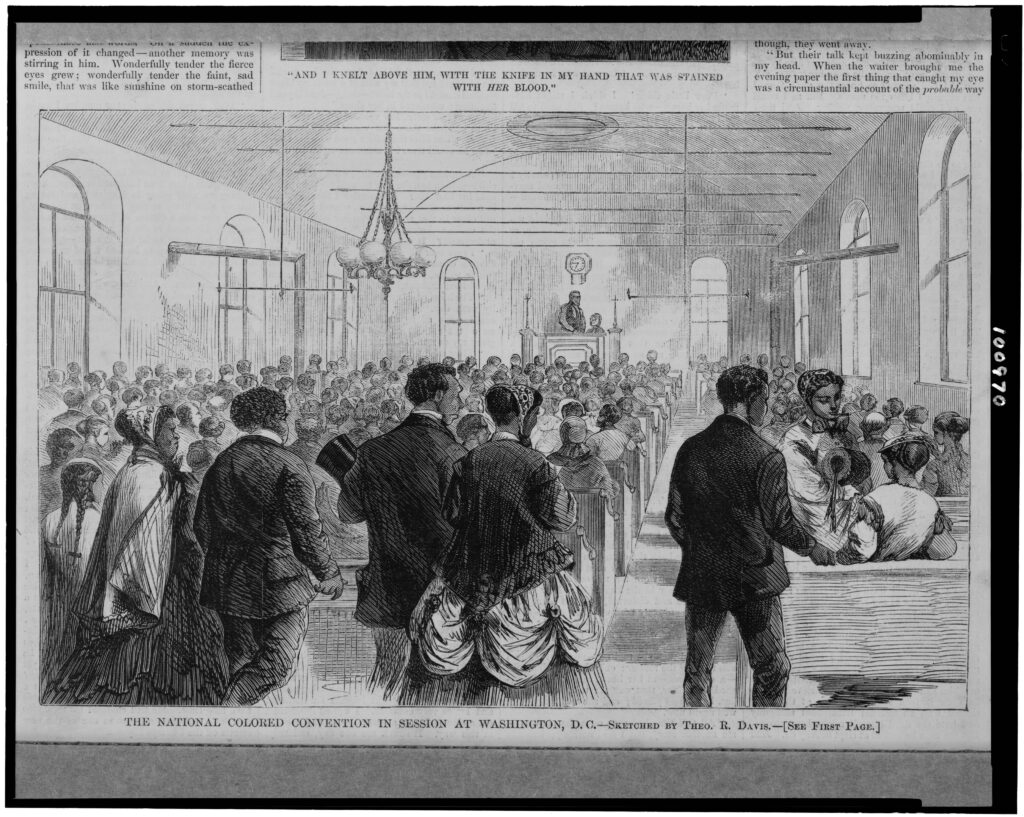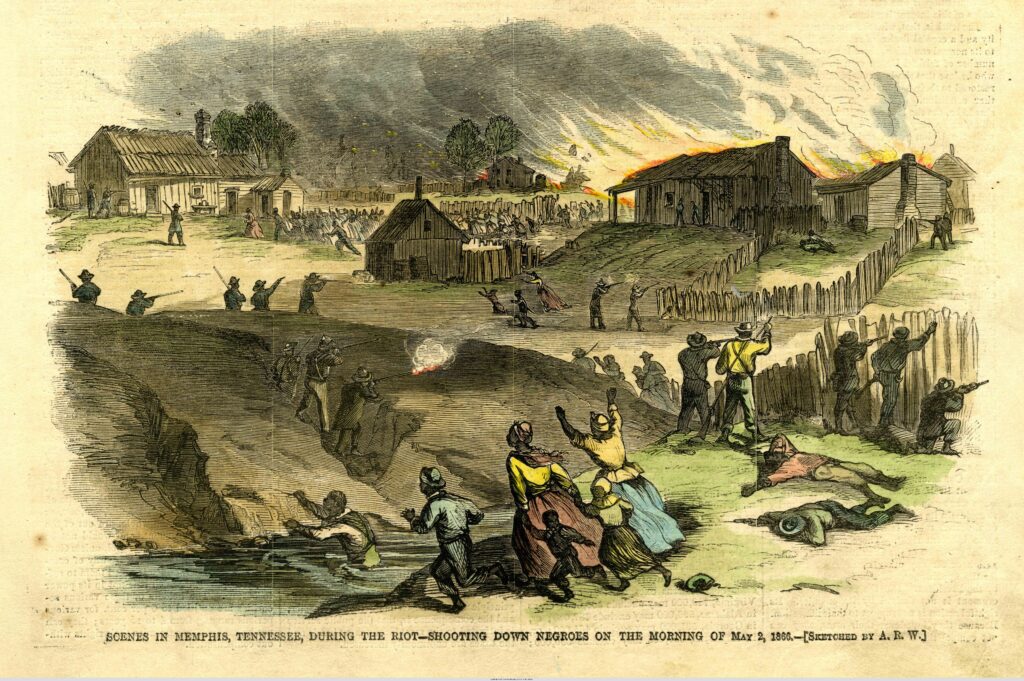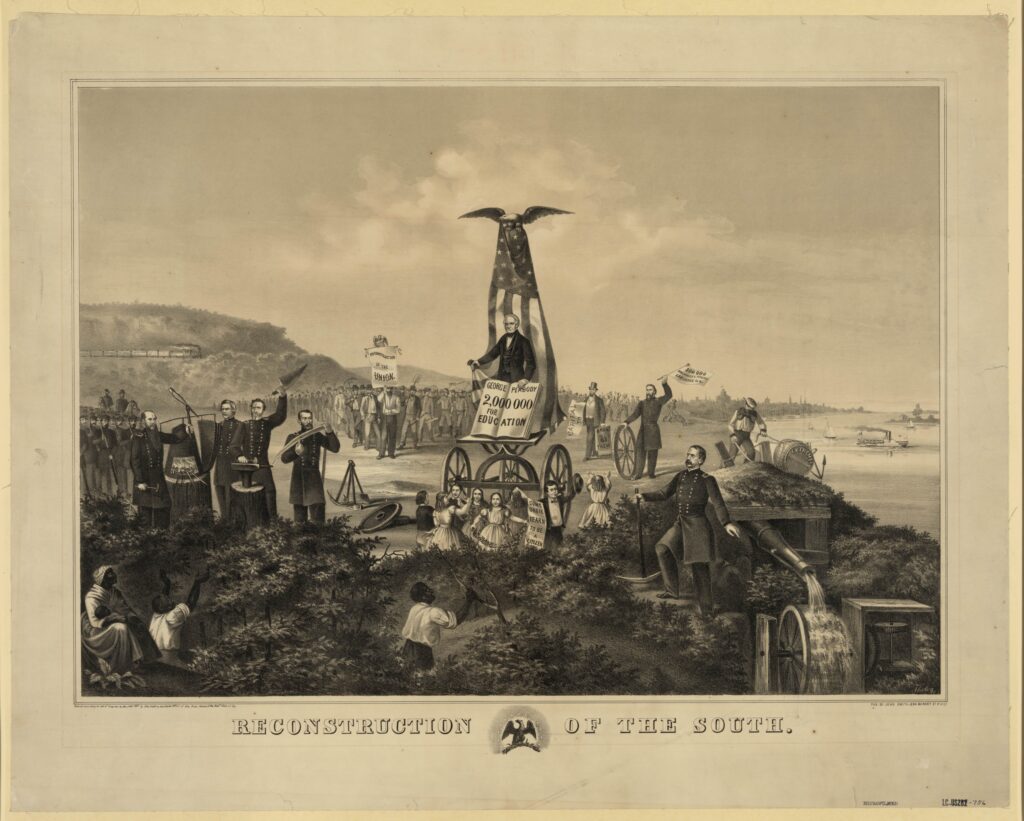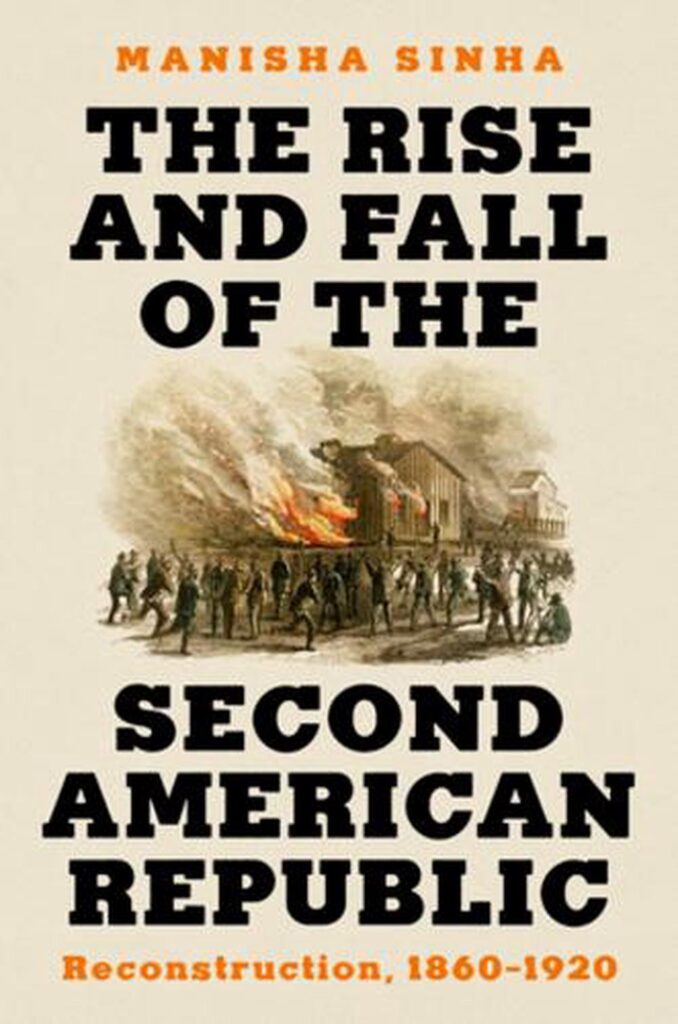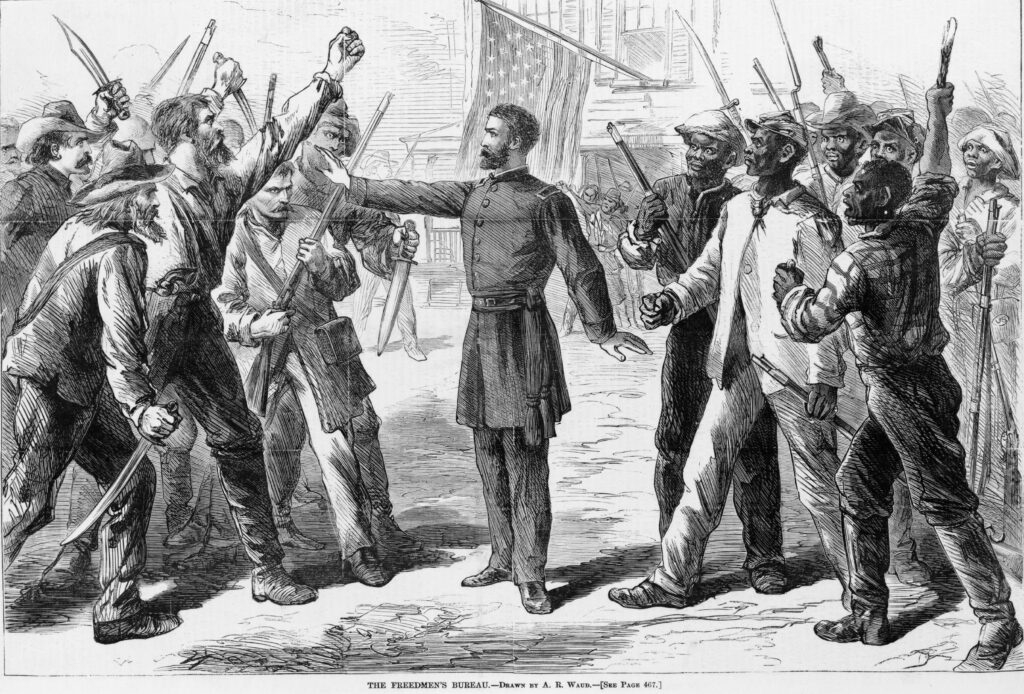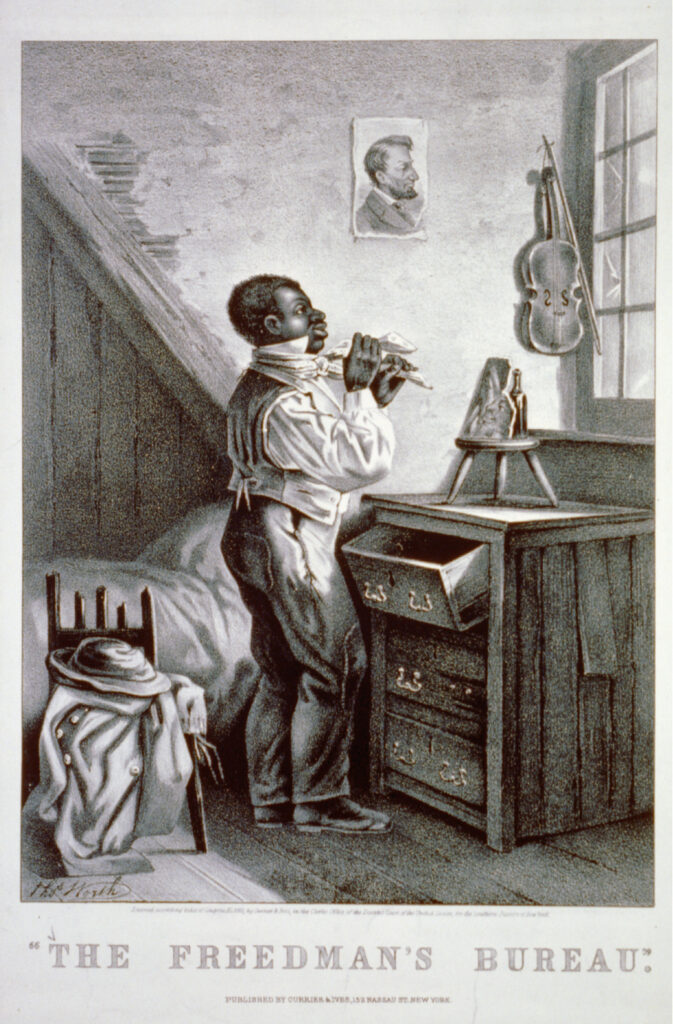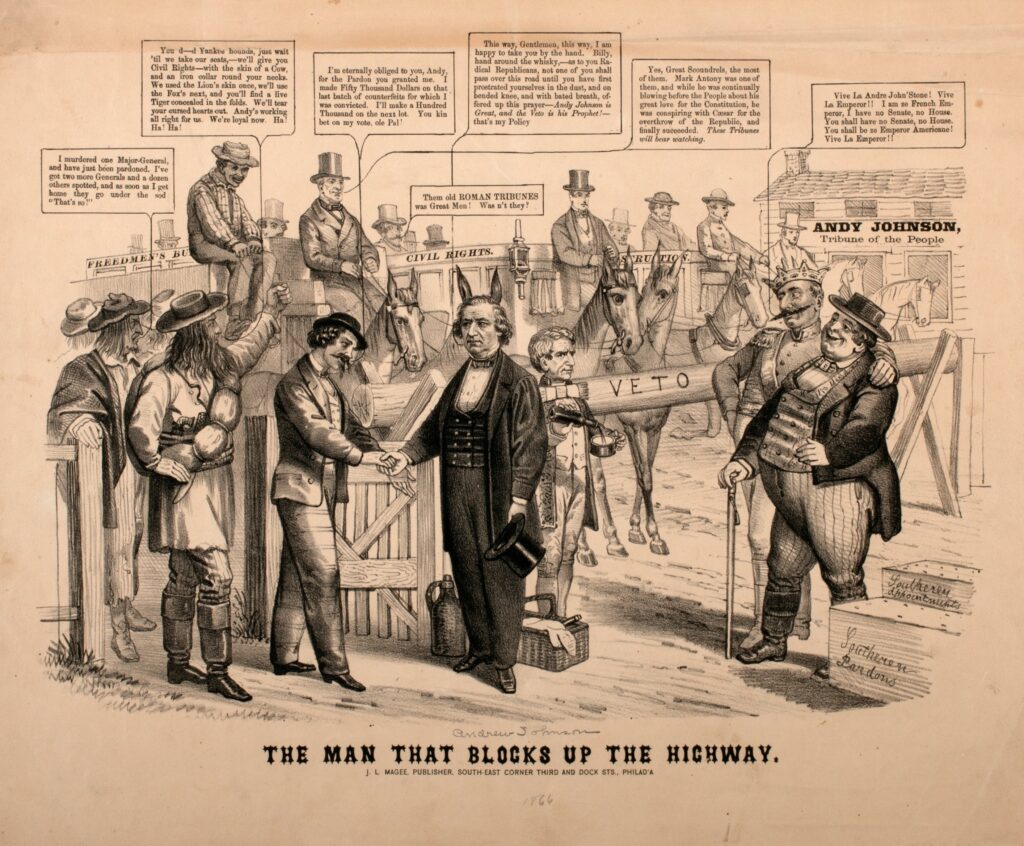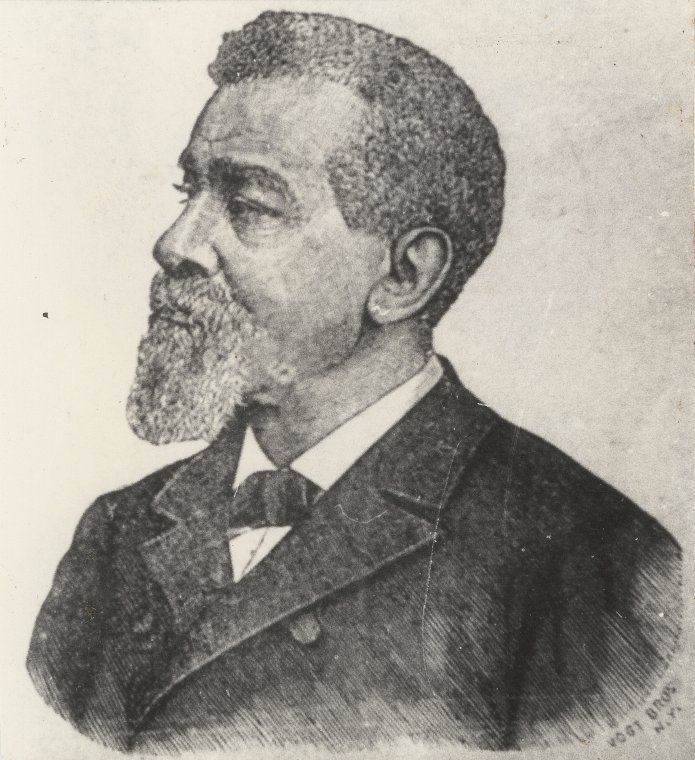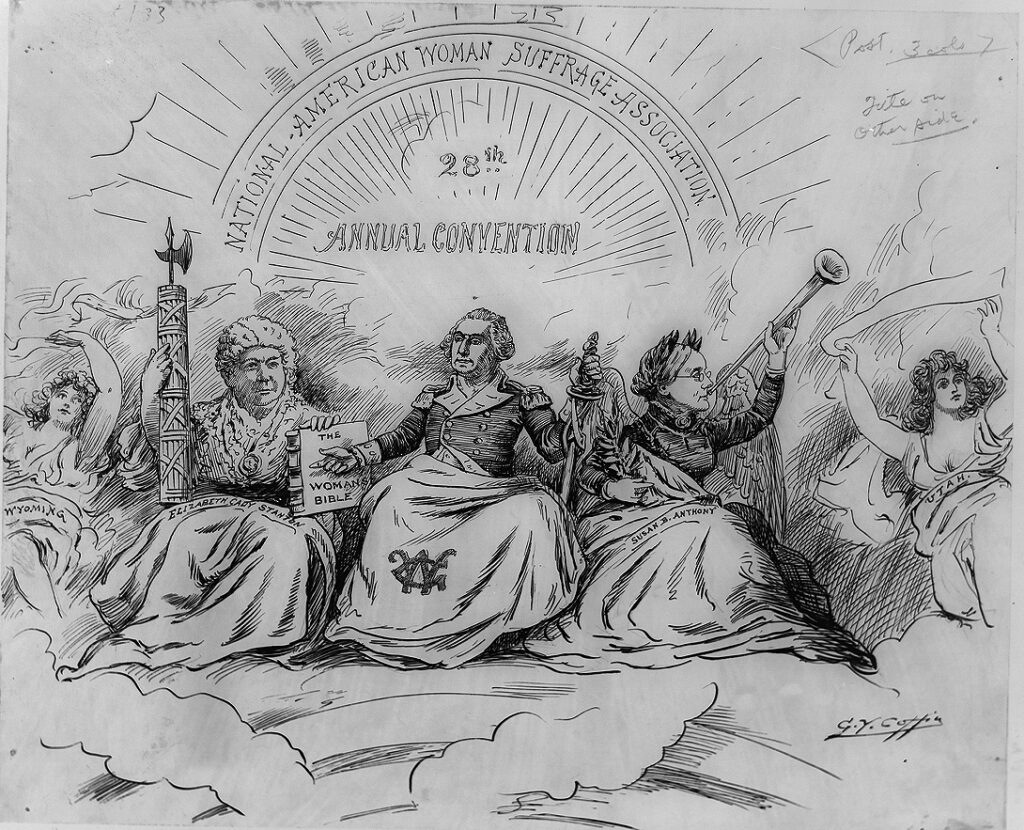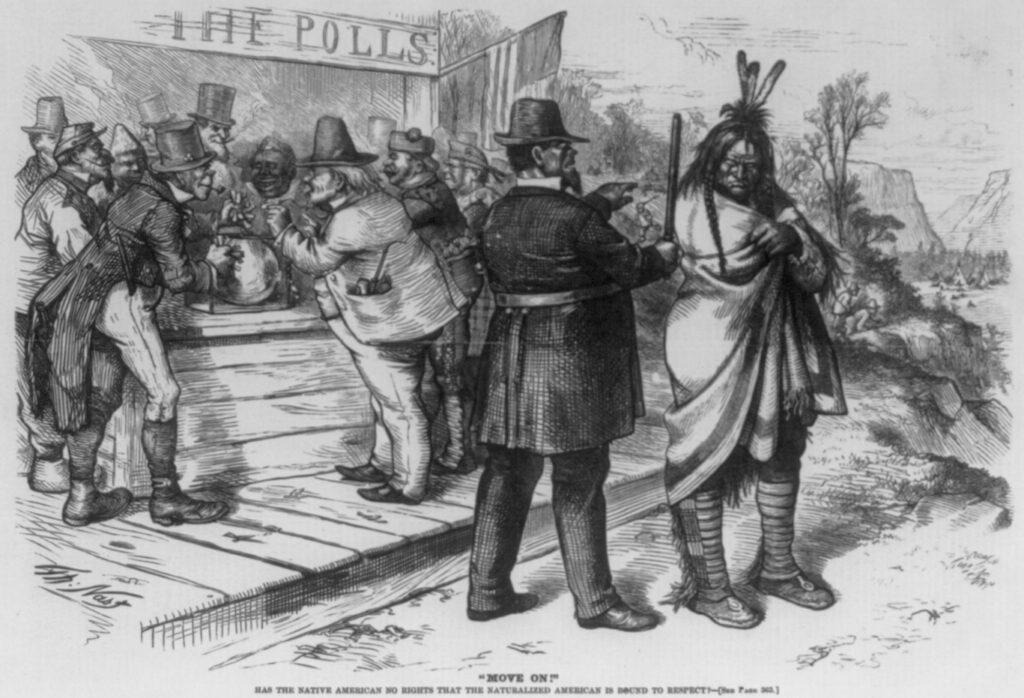Manisha Sinha’s grand narrative will become a staple for high school and college educators. Despite the proliferation of scholarship on Reconstruction over the last thirty years, an understanding of the definition of citizenship, the meaning of equality, the relative powers of the national and state governments—all major Reconstruction issues discussed by Sinha—continue to be lacking. If The Rise and Fall of the Second American Revolution achieves the readership it deserves, this problem will be rectified. Moreover, students will have a deeper understanding of important questions of citizenship, national belonging, and the role of the state in our fractured twenty-first century political world. Indeed, The Rise and Fall of the Second American Republic shows how Reconstruction and its legacies “continue to shape the contours of our democracy” (153). As George T. Downing deeply believed, America existed to “work out in perfection the realization of a great principle, the fraternal unity of man.” America’s “mission,” according to Downing, was ordained by God to create a “composite” nation, the “tendency was to blend different virtues and powers” into one civilization. In an 1881 speech at Harvard, the stalwart reformer Wendell Phillips, preached the necessity of “education” for America to keep functioning as a democratic nation. Manisha Sinha’s scholarship will help in this process.
Further Reading
William A. Blair, The Record of Murders and Outrages: Racial Violence and the Fight Over Truth at the Dawn of Reconstruction (Chapel Hill: University of North Carolina Press, 2021).
David Blight, Race and Reunion: The Civil War in American Memory (Cambridge: Harvard University Press, 2001).
Fergus M. Bordewich, Klan War: Ulysses S. Grant and the Battle to Save Reconstruction (New York: Alfred A. Knopf, 2023).
Hugh Davis, “We Will Be Satisfied With Nothing Less”: The African American Struggle for Equal Rights in the North During Reconstruction (Ithaca: Cornell University Press, 2011).
Gregory P. Downs, After Appomattox: Military Occupation and the Ends of War (Cambridge: Harvard University Press, 2015).
W. E. B. Du Bois, Black Reconstruction in America: An Essay Toward a History of the Part Which Black Folk Played in the Attempt to Reconstruct Democracy in America, 1860-1880 (New York: Russell & Russell, 1935).
Douglas R. Egerton, The Wars of Reconstruction: The Brief, Violent History of America’s Most Progressive Era (New York: Bloomsbury Press, 2014).
Carol Faulkner, Women’s Radical Reconstruction: The Freedmen’s Aid Movement (Philadelphia: University of Pennsylvania Press, 2003).
Eric Foner, Reconstruction: America’s Unfinished Revolution, 1863-1877 (New York: Harper Collins, 1988).
Eric Foner, The Secret Founding: How the Civil War and Reconstruction Remade the Constitution (New York: W.W. Norton, 2019).
Janette Thomas Greenwood, First Fruits of Freedom: The Migration of Former Slaves and Their Search for Equality in Worcester, Massachusetts, 1862-1900 (Chapel Hill: University of North Carolina Press, 2009).
Caroline Janney, Ends of War: The Unfinished Fight of Lee’s Army After Appomattox (Chapel Hill: University of North Carolina Press, 2021).
James McPherson, The Struggle for Equality: Abolitionists and the Negro in the Civil War and Reconstruction (Princeton: Princeton University Press, 1964).
Nell Irvin Painter, Standing at Armageddon: The United States, 1877-1919 (New York: W. W. Norton & Co., 1987).
Heather Cox Richardson, Wounded Knee: Party Politics and the Road to an American Massacre (New York: Basic Books, 2010).
Manisha Sinha, The Slave’s Cause: A History of Abolition (New Haven: Yale University Press, 2016).
This article originally appeared in July 2024.
Historians Erik J. Chaput, Ph.D., and Russell J. DeSimone are the co-creators of the award-winning Dorr Rebellion Project website hosted by Providence College. Chaput teaches American history at Western Reserve Academy. They are the authors of numerous articles on early American history, including “George T. Downing and the ‘Fraternal Unity of Man’: The Battle for an Abolition Democracy in Nineteenth-Century America” (Newport History, Summer 2024). In January 2025, their edition of the Selected Writings of Thomas Wilson Dorr will be published by the Rhode Island Publications Society. They are currently at work on a biography of George T. Downing.
